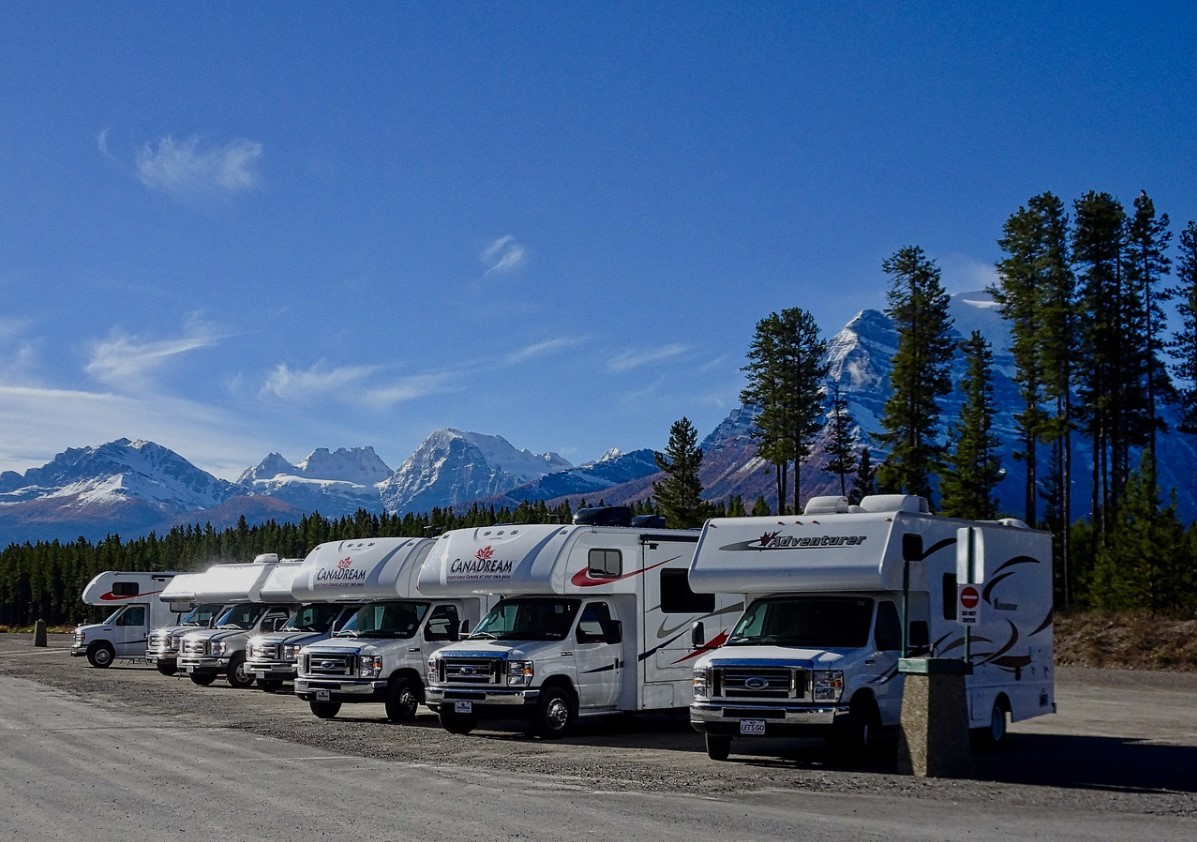
If you own an RV, you’ll want to give it the best care possible so that you and your family can continue to take camping trips and go on other fun adventures on the road for longer. When your RV isn’t being used during the winter or for any other prolonged periods of time during the year, you’ll want to take additional measures to prevent certain maintenance issues that can affect RVs that aren’t being driven. Here are some of the best ways to care for the family RV when not in use.
Put on Tire Covers
The tires on your RV could become worn from the elements easier if you leave your vehicle parked outdoors for long periods. Tire covers can shield the tires from harsh UV light from the sun that can deteriorate the tires’ materials. Water from rain and snow can also cause your tires to wear, and it’s possible to find waterproof tire covers to prevent this problem.
Prevent Mold and Mildew Growth
Mold and mildew can grow inside your RV if any moisture is allowed to sit for prolonged periods when the vehicle isn’t in use. Window insulators can be installed to prevent mold and mildew growth that often results from humid air, and you can purchase window insulation kits at many home improvement and RV supply stores. Drawers, cupboards and other storage spaces inside your RV can be lined with newspaper that can be replaced about every two weeks to keep moisture out of these areas. Plumbing components should also be inspected regularly to ensure that they aren’t leaking water.
Consider Storage
Storing your RV in a dry facility that’s shielded from the outdoor elements may be a wise decision. A large storage unit at a storage center that can accommodate RV storage can be rented to use for your vehicle until you’re ready to drive it again. It’s important to choose a storage facility that is climate-controlled and has alarms and other security measures in places to keep your RV safe.
Remove Certain Components
Certain components of your RV can wear down and even pose safety hazards if they aren’t removed when the vehicle isn’t being driven for prolonged periods. All batteries should be taken out and stored in cool and dry areas so that they don’t lose their power. Propane tanks can become dangerous if they freeze and crack, and removing them can help keep you and your family safe. Both perishable and nonperishable foods should also be removed to prevent pests from getting into your vehicle.
Maintaining your RV the right way when it’s not in use can keep many problems at bay. Both you and your family will be glad that your RV is in tiptop shape to drive again if you’ve done everything possible to keep it safe when you’re not driving it.


